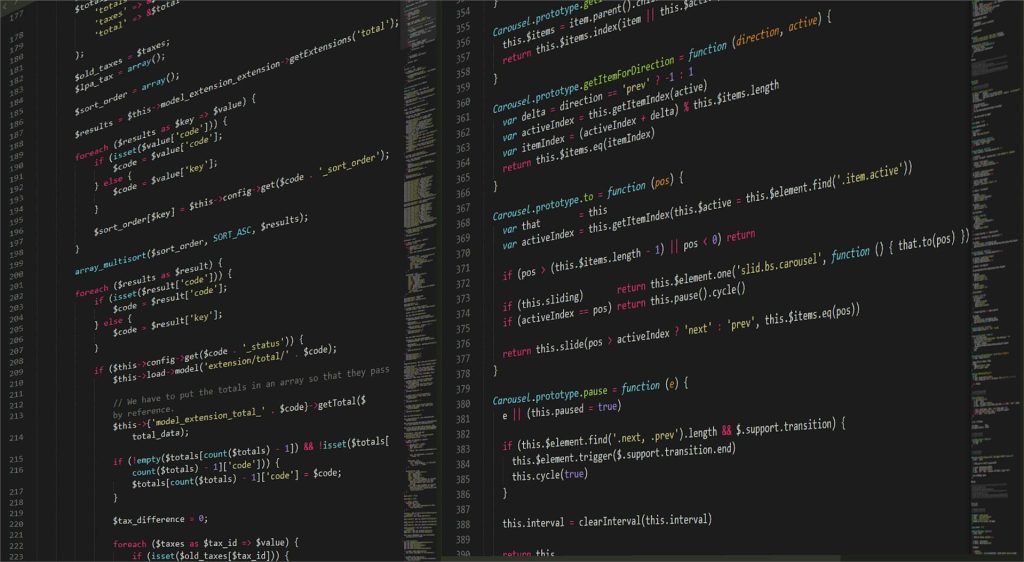In a recent survey conducted by the Media Resources Development Initiative (MRDI), findings reveal that while many journalists in Bangladesh are individually leveraging artificial intelligence (AI) tools, institutional adoption within newsrooms is significantly lagging. The assessment, titled “Media Metamorphosis: AI and Bangladeshi Newsrooms 2024,” highlights this dichotomy in AI usage among journalists and their respective organizations.
The study surveyed 53 journalists from 25 different news outlets and included focus group discussions (FGDs) and interviews with 13 editors and key figures from various media platforms, including print, television, and online. The initiative, supported by Digitally Right and funded by The Asia Foundation, aims to understand AI usage patterns in Bangladeshi journalism, address ethical concerns, and identify gaps that hinder improved adoption of AI technologies.

At a findings-sharing event held on October 26 at The Daily Star building in Dhaka, MRDI Executive Director Hasibur Rahman noted the initiative’s importance in exploring the future of AI in newsrooms as part of a broader strategy for digital transformation.
Survey Insights
The survey revealed that 51% of journalists have used AI tools in their work at an individual level. In contrast, only 20% reported that their newsrooms utilize AI on an institutional scale. Among those using AI, ChatGPT emerged as the most popular tool, with a usage rate of 78%, followed by Grammarly at 52% and Google Translate at 44%. Other tools mentioned include Canva (37%), Google Gemini (19%), and various creative platforms such as DALL-E and Adobe Sensei, each with a usage rate of 15%.
The primary application of AI in the news sector appears to be enhancing grammar and writing style, with 52% of respondents using AI for this purpose. Additionally, 48% reported employing AI for research and background verification, indicating a reliance on these tools for content enhancement and fact-checking.
Positive Impacts of AI
Participants noted that the integration of AI has led to increased efficiency and improved content quality, with about two-thirds of journalists affirming these benefits. Moreover, 52% reported a reduction in their workload, and half of the respondents believe that AI will significantly enhance journalism quality in the future.
Despite these positive outcomes, the assessment reveals a complex relationship between journalists and technology. While many see AI as a potential ally, there is a palpable concern regarding its implications for critical thinking and job security.

Concerns and Challenges
The survey highlighted moderate concerns about job loss due to AI, with most participants rating their apprehension as a 3 out of 5. However, there is a strong sentiment that excessive reliance on AI could undermine critical thinking skills and the reliability of journalistic content.
Resistance to technological change is prevalent among journalists, many of whom view AI as a threat rather than a helpful tool. This mindset creates self-imposed barriers that hinder innovation in newsrooms. Other challenges include a superficial understanding of AI, an emphasis on output rather than process, and a lack of clarity about integrating AI into existing workflows.
Ethical considerations are another significant concern, as most participants indicated they lack awareness of ethical AI guidelines specific to journalism. Key barriers to ethical AI adoption identified in the survey include insufficient training and support (85%), a lack of understanding about AI (74%), budget constraints (47%), and the absence of clear ethical guidelines (45%).

Recommendations for Improvement
To address these challenges and foster a more robust integration of AI in Bangladeshi newsrooms, several recommendations have emerged from the findings-sharing event:
- Develop Comprehensive Guidelines: Establish clear and comprehensive guidelines for the ethical use of AI in journalism. This framework should address transparency, accountability, and the importance of disclosure in AI-generated content.
- Implement Training Programs: Launch tiered training programs tailored for journalists, editors, and newsroom staff to enhance their understanding of AI tools and their potential applications in journalism.
- Modernize Journalism Education: Incorporate AI topics into existing university curricula for journalism and mass communication. This integration should aim to equip future journalists with the necessary skills and knowledge to navigate the evolving media landscape.
- Promote Internal Guidelines: Encourage news organizations to create internal guidelines governing AI usage, including protocols for disclosure and content validation.
- Explore Broader Applications of AI: Highlight opportunities for AI beyond content creation, such as in audience engagement, website traffic management, targeted advertising, and search engine optimization (SEO).
- Foster a Supportive Environment: Encourage newsroom management to back AI initiatives with adequate funding and resources. This commitment is crucial to overcoming resistance to change and promoting innovation.
- Address Ethical Awareness: Provide resources and training to improve journalists’ familiarity with ethical considerations surrounding AI. This can include workshops, webinars, and collaborative discussions with industry experts.
By adopting these recommendations, Bangladeshi newsrooms can better position themselves to harness the full potential of AI technologies. The future of journalism in Bangladesh could be significantly enhanced through responsible and ethical AI integration, ultimately leading to improved content quality and a more informed public.

As the media landscape continues to evolve, embracing AI as a catalyst for change rather than a hindrance will be essential for the growth and sustainability of journalism in Bangladesh.
Copyright©dhaka.ai
tags: Artificial Intelligence, Ai, Dhaka Ai, Ai In Bangladesh, Ai In Dhaka, Future of AI, Artificial Intelligence in Bangladesh, Bangladesh



